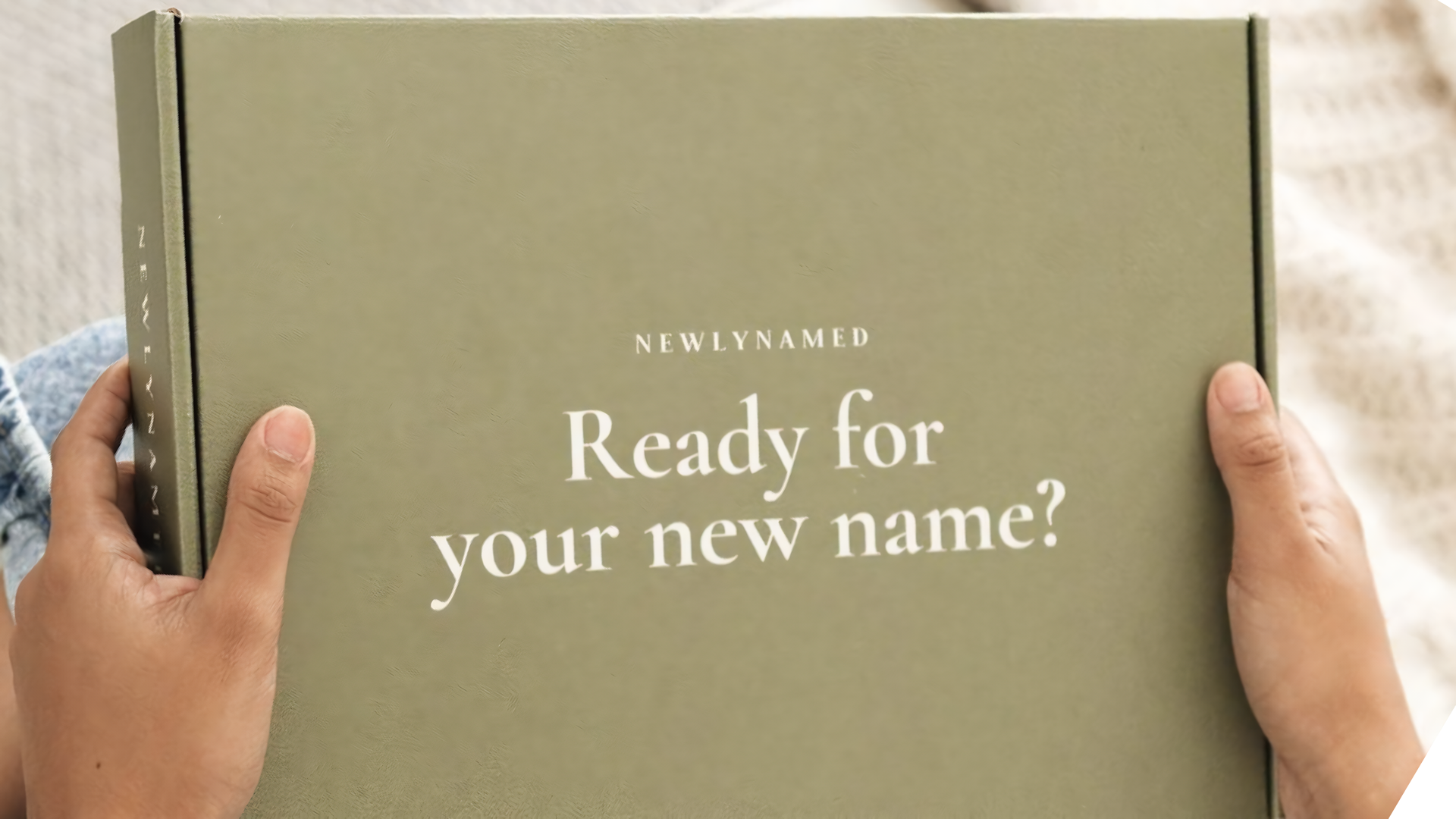Definition: An alias refers to any name that an individual uses other than their legal name.
Science: Someone might use aliases for legitimate reasons, like privacy, security, cultural norms, or personal branding. Name variations are also considered aliases, so many people using one might not know it in the first place.
Examples:
- Donald Glover, also known under his rap alias Childish Gambino, is an actor, writer, director, comedian, and musician.
- Vin Diesel, born Mark Sinclair, took on the tougher-sounding moniker as a bouncer in New York; the alias stuck as he transitioned into acting.
Fun Fact: Some individuals living in the US who have difficult-to-pronounce names often take on an alias. Others feel it shields them from undue racism when applying for jobs and the like.
Key Takeaways:
- What an Alias is: An alias serves as a transitional identity, aiding individuals during name changes related to marriage, divorce, or legal requirements.
- Aliases and Their Significance: Aliases have historical significance, providing safety and privacy, while also reflecting personal reinvention and branding in professional contexts.
- Solutions for Name Changes: NewlyNamed offers comprehensive solutions for navigating the legal complexities of name changes, ensuring a seamless transition to one's new identity.
An alias is a name used other than the given name of a person, which may be an attempt to hide his/her identity. In criminal law, court and police records may list aliases of a person, along with their given name. This is often accomplished by using the term a.k.a (also known as) after the given name, followed by known aliases.
Generally, a person can use whatever name they wish. However, legal documents issued, such as driver's licenses, will require proof, such as a birth certificate, and a legal change of name may be required if the alias is used.
Think of an alias as a bridge between your past and future self; it's not just a new name but a new chapter waiting to be written. Whether you're newly married, have recently gone through a divorce, or are complying with a court order, you might choose to adopt an alias.
The Historical Use Of Aliases
Throughout history, the concept of an alias has been woven into the fabric of societal changes, personal identity, and even intrigue. The origins of using aliases trace back to ancient times when individuals might have adopted different names for safety, anonymity, or as part of their profession. Understanding the deep-rooted historical context of aliases enriches our appreciation for the multifaceted reasons individuals today might choose or require a name different from their legal name.
Literature And Lore
In literature and lore, aliases were often romanticized, cloaking the identity of heroes and outlaws alike. Think of the legendary Robin Hood or the mysterious Zorro, whose aliases were central to their stories. In reality, the use of aliases has been starkly pragmatic. During periods of political or religious persecution, aliases provided safety for those at risk. Additionally, artists and writers commonly adopted pen names to separate their personal lives from their work or to skirt societal norms, like women writers who used male pseudonyms to publish their work in times when female authors were marginalized.
Privacy And Protection
The historical use of aliases also spills into the realm of espionage and political intrigue, where spies and political dissidents used assumed names to protect themselves and their networks. This practice is still in use today, reflecting the enduring nature of aliases as tools for privacy and protection.
Immigrants
Furthermore, the use of aliases has been a common thread among immigrants throughout history. Upon arriving in new lands, many adopted new names to better assimilate into their new cultures or to escape prejudice. This aspect of aliases highlights their role in migration and cultural adaptation processes, illustrating the fluid nature of identity and the names that represent us.
The Psychological Motives For Using An Alias
Adopting an alias is often more than just a practical decision—it’s deeply rooted in psychology and personal motives. For some, it serves as a means of reinvention, offering a way to redefine their identity or symbolize a new chapter in life. Others use aliases to protect their privacy, ensuring safety and separation in a world where personal boundaries are increasingly blurred.
Professionally, aliases can align with career goals, helping individuals navigate industry dynamics, build memorable brands, or avoid biases. On a deeper level, adopting an alias can be a tool for emotional healing, allowing individuals to reclaim control over their identity after major life events. It can also foster a sense of belonging by connecting individuals to communities, cultures, or values that resonate with them. This section delves into the diverse psychological motives that drive the choice to use an alias and the profound ways it shapes identity.
Reinvention And Identity
For many, an alias symbolizes a fresh start or a reinvention of oneself. Life events, such as marriage, divorce, or personal transformation, may prompt someone to redefine their identity to better reflect their current self or aspirations. An alias becomes a canvas upon which individuals can project their evolved or desired selves, fostering a sense of renewal and empowerment.
Privacy And Safety
In the digital age, privacy concerns are more prominent than ever. Public figures, authors, and individuals in sensitive situations might use an alias to protect their privacy and maintain a separation between their public and personal lives. This layer of anonymity can offer safety and peace of mind, allowing individuals to engage with the world while safeguarding their personal space.
Career And Professional Dynamics
Aliases are also prevalent in professional contexts, where individuals may adopt a different name to align with industry norms, avoid discrimination, or create a memorable brand. Artists, writers, and performers frequently choose aliases that resonate with their audience, crafting an identity that contributes to their professional narrative and success.
Emotional Healing And Empowerment
For some, changing their name and adopting an alias is a step towards healing and empowerment, particularly following traumatic events or major life changes. It allows individuals to distance themselves from painful memories and reclaim control over their identity and life story. This process can be a powerful component of one’s emotional recovery and personal growth journey.
Connection And Belonging
An alias can also signify a connection to a community, culture, or heritage that is important to the individual. It may reflect a desire to honor one's roots, embrace a new culture, or forge a sense of belonging within a community. This aspect of naming can play a critical role in identity formation and the nurturing of meaningful connections.
Legal Applications Of Aliases
In legal documents, contracts, and official procedures, it's paramount to utilize one's legal name to ensure validity and prevent issues related to identity.
- Filling Out Legal Documents: Aliases can also have their place in legal documents, provided they are acknowledged properly. For example, when filling out forms for government IDs or passports, there might be sections dedicated to listing other names you are known by, which is where aliases come into play.
- Sealing Your New Identity: For instance, if you've been known by a certain alias professionally or socially, it's important to make the transition smooth and legally sound. NewlyNamed kits address this by including detailed steps and necessary applications for updating your name across multiple platforms, not just for your ID but also for professional licenses, bank accounts, and more. This comprehensive approach ensures that all facets of your identity are aligned, legally and personally, making the process of embracing your new name (or alias, for that matter) as seamless as possible.
Whether you're adopting a new family name or reverting to a maiden name, understanding how to legally navigate these changes while considering the roles of any aliases you've used is essential. NewlyNamed's services can help you through these steps to give you better peace of mind.
Crafting A Convincing Alias
Crafting a convincing alias requires understanding what an alias is and its permissible usage. Given the varying reasons for adopting an alias, it's crucial to ensure that your new name both serves its purpose and appears credible. NewlyNamed simplifies this aspect significantly. By offering customized name change kits, the company streamlines the transition to your new alias or legal name.
Consider Implications And Contexts
When deciding on an alias, consider the implications and contexts in which the name will be used. For professional purposes, an alias might be more about branding—think pen names for authors or stage names for performers. In these cases, crafting an alias involves balancing uniqueness and memorability while still maintaining a connection to the individual’s authentic identity or trade.
Choosing A Fitting Name
The process is decidedly more formal for those undergoing name changes due to marriage, divorce, or court orders. Still, the end goal remains similar: the selected name should reflect one’s true self and fit seamlessly into both professional and personal spheres. Legality becomes a significant consideration here—ensuring the chosen name is legally processed and recognized for all intents and purposes, from official documents to personal identification.
Benefits Of Adopting An Alias
Here are some key benefits that highlight why individuals may opt for an alias:
Protects Privacy
Using an alias can significantly enhance your privacy by keeping your legal name off public records and making it less accessible online. This layer of anonymity is crucial for those seeking to minimize their digital footprint and protect themselves from potential privacy invasions.
Professional Branding
For professionals and artists, an alias can serve as a unique brand identity that sets them apart in their respective fields. Writers, actors, musicians, and other creatives often adopt pseudonyms to create a memorable presence that resonates with their audience.
Personal Security
In situations where personal safety is a concern, such as escaping domestic violence or harassment, an alias can be a critical part of a safety plan. It allows individuals to start anew, making it more challenging for unwanted parties to track them down.
Simplifies Name Change Process
For those anticipating a name change due to marriage, divorce, or other personal reasons, using an alias can be a practical interim solution. It allows individuals to test out a new name in social and professional contexts before making the change official, reducing potential regrets later on.
Freedom Of Expression
Adopting an alias offers individuals the freedom to express different facets of their identity. It can be liberating, allowing people to explore and define themselves on their own terms without being bound by the associations tied to their legal name.
Read also:
- What Is A Name Change Petition?
- Online Name Change: What’s Possible And What’s Not
- Understanding Fees For A Name Change
Frequently Asked Questions About Aliases
What is an alias?
An alias is any name used by an individual, in addition to their legal name, that is not officially recognized as a legal name change. It serves as an alternate identifier for a person.
How is an alias used?
Aliases are used in various contexts, including but not limited to, professional endeavors (such as authorship or entertainment), online identities, or simply as personal preference in social settings. They allow individuals to maintain a level of privacy or separate different aspects of their lives.
Why would someone use an alias?
People might opt for an alias for several reasons ranging from privacy concerns, avoiding confusion (especially if they have a common name), branding for professional purposes, or as part of a fresh start following significant life changes.
Are aliases legal?
Yes, using an alias is legal in most contexts as long as it is not for fraudulent or deceptive purposes. However, for official documents and legal proceedings, one's legal name must be used.
What is the difference between an alias and a pseudonym?
While both terms are often used interchangeably, a pseudonym is typically used in professional or public scenarios, such as by writers, actors, or artists, to distinguish their work. An alias, on the other hand, can be used more broadly in both professional and personal contexts.
Can aliases be used for online activities?
Absolutely. Many individuals use aliases online to protect their privacy, especially on social media platforms, forums, or while gaming. An alias can help maintain a level of anonymity and personal security on the internet.








